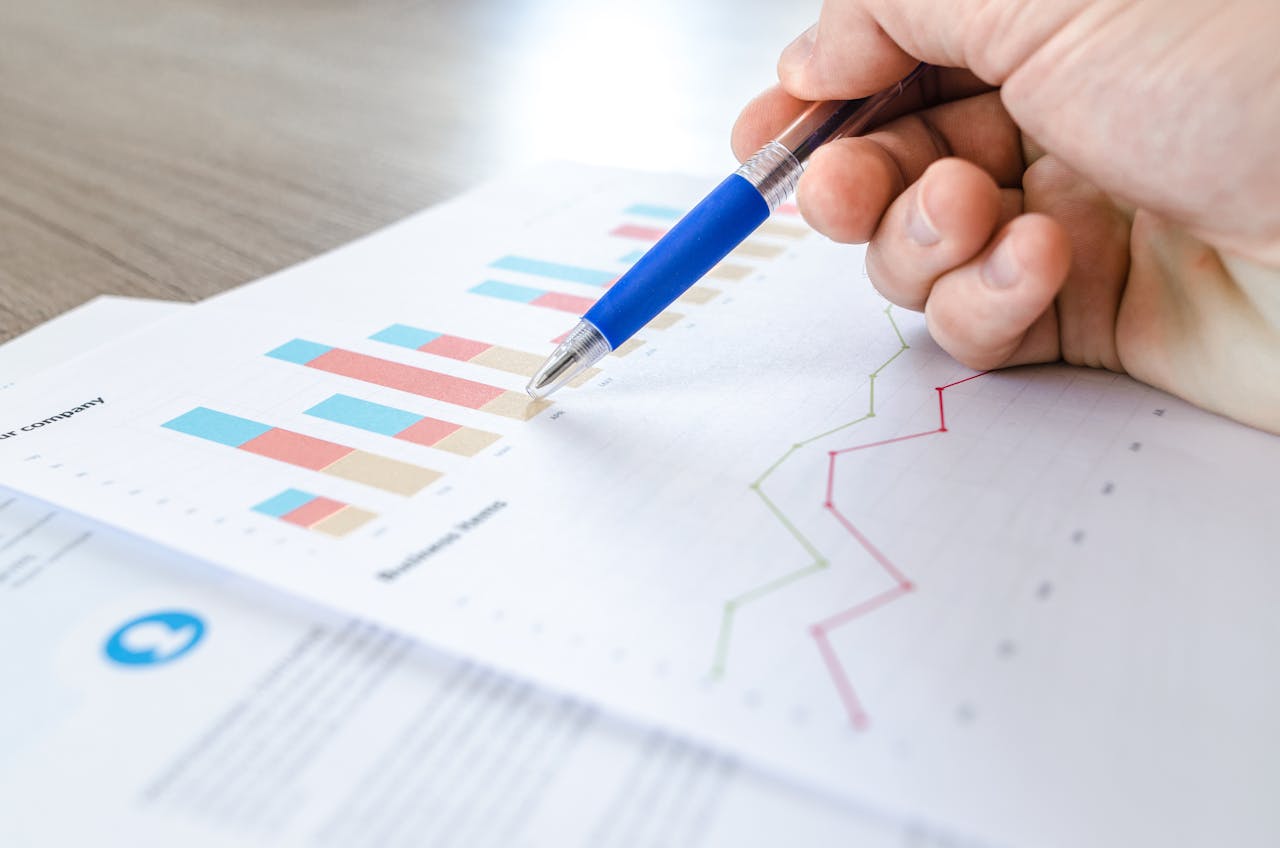
Staying on top of your finances isn’t just about paying bills on time or checking your bank balance every so often. It’s about taking a proactive approach to your financial health, just like you would with your physical health. That’s where a quarterly “financial check-up” comes in. By regularly asking yourself a set of targeted questions, you can catch small issues before they become big problems, spot opportunities for growth, and keep your financial goals in clear focus. This simple habit can help you avoid surprises, reduce stress, and make smarter decisions all year long. Ready to take control? Here are nine essential questions to guide your quarterly financial check-up.
1. Have My Financial Goals Changed?
Life moves fast, and so do your priorities. Every quarter, take a moment to revisit your financial goals. Are you still saving for that dream vacation, or has a new priority—like buying a home or starting a family—taken center stage? Adjust your savings and investment strategies to match your current ambitions. This keeps your financial check-up relevant and ensures your money is always working toward what matters most to you.
2. What’s My Net Worth Right Now?
Knowing your net worth—the difference between what you own and what you owe—gives you a clear snapshot of your financial health. Calculate it by listing all your assets (like cash, investments, and property) and subtracting your liabilities (such as loans and credit card balances). Tracking this number each quarter helps you see progress, spot trends, and stay motivated. If you notice your net worth slipping, it’s a sign to dig deeper during your financial check-up and make adjustments.
3. Am I Sticking to My Budget?
Budgets aren’t set-it-and-forget-it tools. Review your spending over the past three months and compare it to your budget. Are you consistently overspending in certain categories, like dining out or subscriptions? Use this financial check-up to identify leaks and make realistic tweaks. Free budgeting apps can make this process easier and more accurate.
4. Are My Emergency Savings on Track?
An emergency fund is your financial safety net. Experts recommend having three to six months’ worth of living expenses set aside, but your needs may vary. During your quarterly financial check-up, check your progress. Did you dip into your emergency fund recently? If so, make a plan to replenish it. If you’re falling short, consider automating transfers to your savings account to build your cushion steadily.
5. How Am I Managing Debt?
Debt can be a useful tool or a heavy burden, depending on how you manage it. Review your current balances, interest rates, and payment schedules. Are you making more than the minimum payments? Have you explored options to refinance or consolidate high-interest debt? Use your financial check-up to set a clear debt reduction strategy.
6. Are My Investments Aligned With My Risk Tolerance?
Markets change, and so does your comfort with risk. Review your investment portfolio each quarter to ensure it matches your current risk tolerance and time horizon. If you’re feeling uneasy about market swings, rebalancing your assets or diversifying further might be in order. Your financial check-up is the perfect time to make sure your investments are still a good fit for your goals and peace of mind.
7. Have There Been Any Major Life Changes?
Big events—like a new job, marriage, divorce, or the birth of a child—can have a major impact on your finances. Use your quarterly financial check-up to review any recent changes and adjust your plans accordingly. This might mean updating your insurance coverage, revising your will, or changing your tax withholding. Staying proactive helps you avoid costly oversights and keeps your financial life in sync with your real life.
8. Am I Maximizing My Employee Benefits?
If you have access to benefits like a 401(k), health savings account, or flexible spending account, make sure you’re taking full advantage. Review your contributions and adjust them if your income or expenses have changed. Your financial check-up is a great time to check for open enrollment periods or new benefits you might have missed. Small tweaks can lead to big savings and better financial security.
9. What’s My Credit Score and Report Status?
Your credit score affects everything from loan approvals to insurance rates. Check your credit report for errors or signs of fraud at least once a quarter. Many services offer free credit monitoring, making this step easy to include in your financial check-up. If your score has dropped, investigate why and take steps to improve it, such as paying down debt or disputing inaccuracies.
Make Your Financial Check-Up a Habit, Not a Hassle
A quarterly financial check-up isn’t just another chore—it’s a powerful tool for building confidence and control over your money. By asking these nine questions every few months, you’ll catch problems early, celebrate your progress, and stay focused on what matters most. Over time, this simple routine can transform your financial health and help you reach your biggest goals with less stress and more clarity.
What questions do you ask yourself during your own financial check-up? Share your tips or experiences in the comments below!
Read More
8 Financial Steps to Take NOW If You’re Thinking About Divorce
8 Financial Habits That Keep You From Being Taken Seriously
The post The “Financial Check-Up”: 9 Questions to Ask Yourself Every Quarter appeared first on Everybody Loves Your Money.







